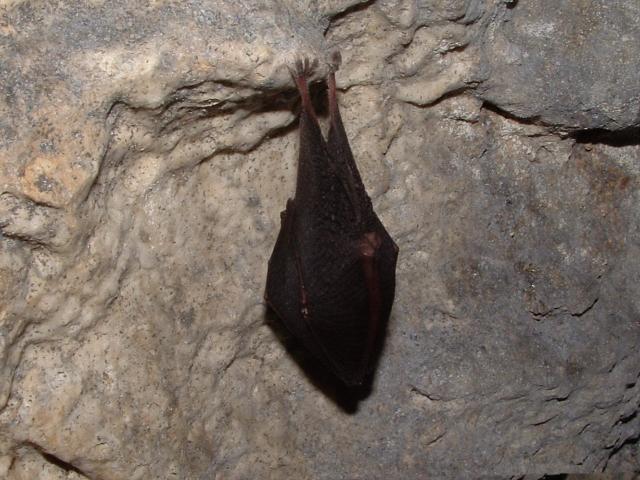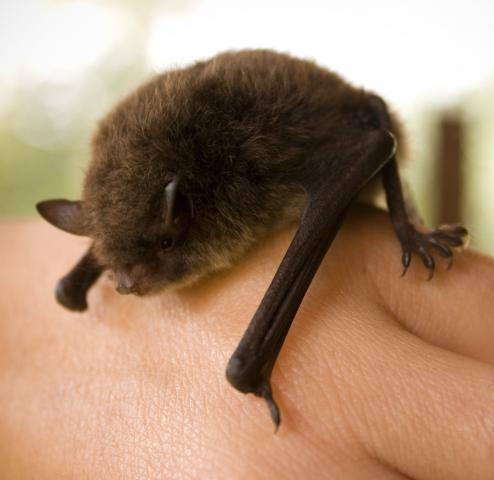|
Bat roosts can be extremely difficult to identify, if you
are in doubt please contact us and we can arrange for our own
qualified bat consultant to carry out an assessment for you
in the Midlands counties areas usually within 5 days of instruction.
Bats and their roosts are protected by the Wildlife and Countryside
Act 1981, and the Conservation (Natural Habitats c.) Regulations
1994. If bats are unwelcome or work is planned in a structure
suspected of housing bats please contact us for further information.
It is illegal to intentionally damage, destroy or obstruct any place that a bat uses for shelter or disturb, injure or kill a bat without authorisation from the relevant Statutory Authority.
At sites where there is a perceived risk to bats, a presence or absence bat survey should be undertaken by a licensed bat consultant. If no evidence of bats is found, a report will be produced which can be sent to the local Planning Authority or used as proof that reasonable care has been taken to protect bats during work.
If evidence of bats is found a DEFRA licence must be obtained and any structure used by bats which is destroyed or changed must be suitably replaced on a like for like basis. There may be other requirements dependant upon the species of bat present and the nature and extent of work being carried out to minimise the disturbance to bats.
Local Authorities have a mandate to ask that bat surveys are carried out on any structure which may be used by bats, prior to work commencing. Under Planning Policy Statement 9 (PPS9), protected species, including bats, are now a material consideration when considering a planning application. It is therefore now common place for a bat survey to be submitted with plans prior to a planning application being considered.
We are able to undertake long term monitoring projects, watching briefs and provide training on bats for site operatives when required.

Lesser Horseshoe

Pipistrelle